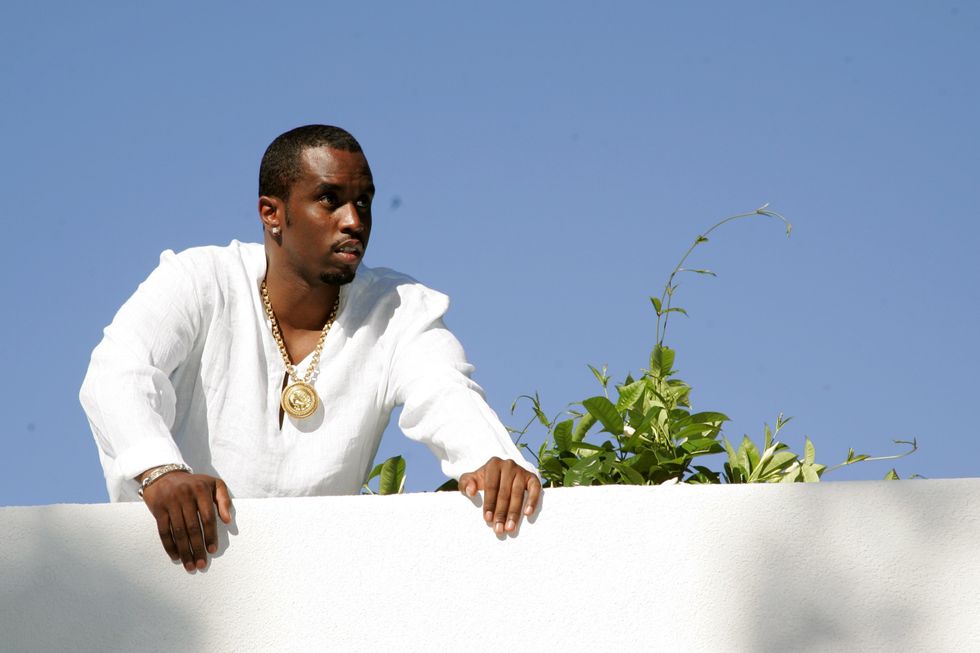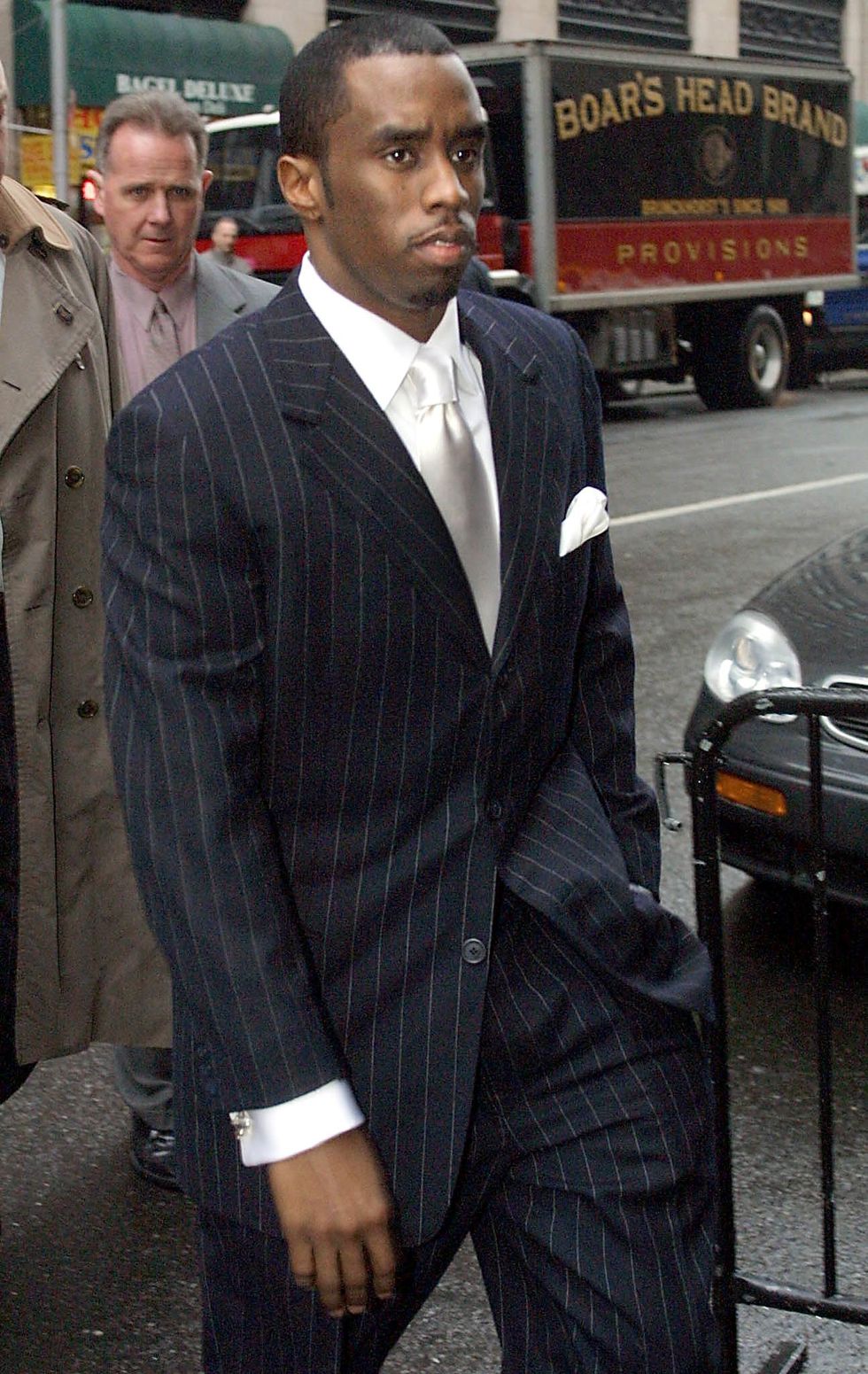by LAUREN CODLING
WOMEN should consider roles in sustainable finance, a female leader in the “green economy”
has urged, as the government continues to push for improved energy efficiency by 2030.
Anjuli Pandit is the UK head of corporate sustainability/primary sustainability manager at BNP
Paribas (BNPP), a French international banking group.
Her role is to act between investors who are looking to integrate sustainability into their
portfolios. She also brings issuers opportunities to increase their access to capital by demonstrating environmental, social and governance (ESG) performance along with financial performance.
However, according to Acre, a social responsibility recruitment specialist, only 35 per cent of
leadership roles in the sustainable finance workforce are held by women.
In response, Pandit has called for other females to look into careers within the sector.
“Why wait until tomorrow what you could start solving today?,” she told Eastern Eye. “To any woman considering a career in sustainable finance, I would say we need you.”
Last year, the government published the Clean Growth Strategy which set out plans to “decarbonise” for the decade ahead, including investing more than £2.5 billion in clean growth innovation.
Government analysis shows that up to £6bn could be saved by 2030 through investment in cost-effective energy-saving technologies.
The UK government hopes to support businesses and industry to improve energy efficiency by at least 20 per cent by 2030.
Having worked at BNPP for almost three years, London-based Pandit has had opportunities to focus on changing the level of sustainability in business.
Last year, she attended a workshop with portfolio managers and investment officers which focused on the performances of companies through the lens of the United Nations Sustainable Development Goals (SDG). The SDG acts as a blueprint in addressing global
challenges such as poverty, inequality, climate and peace.
“It was fascinating because it was calling on us to challenge how we evaluate companies, and question which business models we really want to invest in,” she recalled.
“Many of the firms there were mainstream investors, making this conversation very impactful."
Recently, Pandit started working on how to market and develop "transition bonds”. This relates to companies who may not necessarily be ready to invest in green infrastructure – however, they still require funds to get themselves closer to being able to do so.
“When we look at the energy transition, we have to be very conscious that it is a transition,” she said. “We want to support as many organisations as possible who are truly committed to this transition to find ways to disengage from traditional technologies at a pace which is fair to their business and also to the communities who they serve.”
The 33-year-old’s pathway into the career began in 2006 when she was invited to a training by Al Gore, former vice-president of the USA and a prominent environmentalist. She was taught how to give the Inconvenient Truth presentation, Gore’s campaign to educate people
on the environment, on his behalf.
Since then, Pandit has been hooked on climate action.
“Ten years ago, I probably wouldn’t have ever considered that I had a skillset which could
be interesting to the financial services,” she said. “Today, there are many people like me joining other banks or asset managers to look into environmental, social and governance (ESG) factors which could lead to long term returns.”
Pandit said she finds her job “incredibly satisfying” as she is working towards solving issues concerning the climate crisis, human rights issues and gender equality. Although she is aware it will take an immense amount of effort so that business models and systems become inclusive, environmentally conscious practices, Pandit’s job is to help reach that goal.
“It is very concrete and rewarding to know that I have some role to play in making these sustainability targets a reality,” she said.
Although Pandit acknowledges there is still a long way to go in terms of equality, she believes attitudes have changed against misogyny in the workplace “as more people are bringing fairness and inclusivity to business cultures than ever before”.
“My generation now has the responsibility to improve that workplace so that it is conducive
to working women’s needs,” she said, adding she had become a vocal advocate on how to create safe places for women to work free of fear of sexual harassment and discrimination.
“I feel the weight of this responsibility the way one probably feels the weight of a new-born in your arms. With a lot of pride to have been given a purpose to nurture something and make it grow.”





 Apsana Begum
Apsana Begum









 Diddy trial jury raises alarm over juror and demands key witness testimoniesGetty Images
Diddy trial jury raises alarm over juror and demands key witness testimoniesGetty Images  Marc Agnifilo, attorney for Sean "Diddy" Combs, arrives at federal courtGetty Images
Marc Agnifilo, attorney for Sean "Diddy" Combs, arrives at federal courtGetty Images  Sean 'Puffy' Combs arrives at Manhattan Supreme Court in 2001Getty Images
Sean 'Puffy' Combs arrives at Manhattan Supreme Court in 2001Getty Images

